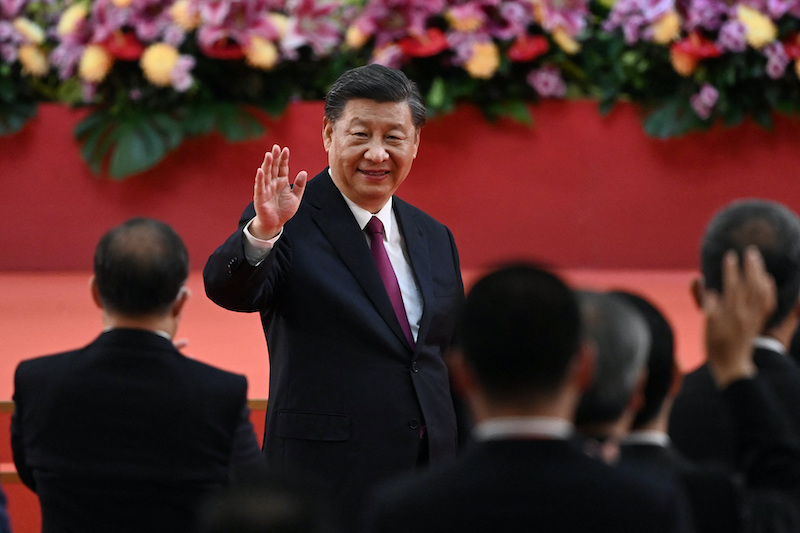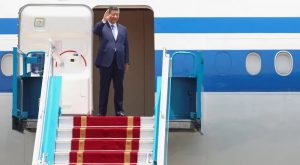Investors are cutting exposure to Chinese assets and waiting for greater clarity on forthcoming policies, according to analysts.
They say data for the first seven months of 2022 shows that hedge funds that invest in Greater China are showing their biggest net fund outflows in at least 15 years.
For the January-July period, Greater China-focused hedge funds recorded outflows of $5.6 billion and inflows of $2.01 billion, according to Eurekahedge data from With Intelligence.
The $3.6 billion year-to-date net outflow is larger than any full-year outflows since the hedge fund database began compiling such data in 2008. It also marks a reversal from net inflows of $1.8 billion in 2021 and a hefty $8.7 billion in 2020, when investors piled into a bull run in Chinese markets.
Market observers and analysts say global investors are still keen for exposure to China, the world’s second-largest economy, and to its high-growth companies, which is why redemptions this year have been moderate even after unexpected events such as the Russia-Ukraine war, the sell-off of US-listed China stocks, and long pandemic lockdowns in major Chinese cities.
Yet, fresh allocations have been stagnant and it could take longer for investors to do due diligence on managers, they say, while policy uncertainty surrounds the Chinese Communist Party congress, a once-in-five-years gathering that begins on October 16.
ALSO SEE: China’s August Industry and Retail Data Stronger Than Expected
Investors Cautious
“Inflows in 2022 are significantly smaller compared to the past few years,” Tay Li Yuan, a hedge fund analyst at With Intelligence, said.
“Investors remain cautious given the risk of continued lockdowns as local governments attempt to snuff out virus outbreaks ahead of the 20th Communist Party congress.”
Across strategies, managers pursuing fixed income and long short equities strategies recorded the largest outflows amid the challenging macroeconomic environment, while arbitrage funds continued to attract flows in 2022.
In a survey conducted by BofA Securities in September, 53% of the nearly 120 Hong Kong-based investors surveyed said they plan to “do nothing” from now until the mid-October congress. Only 42% said they plan to add China to positioning.
“Sentiment is divided, and most large institutional investors are still taking a wait-and-see approach at the moment,” said Zhiwei Zhang, president and chief economist at Hong Kong-based Pinpoint Asset Management, while highlighting that Chinese stock valuations are nevertheless attractive for long-term investors.
Jason Pidcock, investment manager at Jupiter Asset Management, said in July that the fund had cut its China exposure to zero for its 1 billion pound ($1.15 billion) Jupiter Asian Income Fund.
The California State Teachers’ Retirement System (CalSTRS), however, posted a request for proposal in August to search for a China-focused equity manager for the first time.
- Reuters with additional editing by Jim Pollard
ALSO SEE:
China Home Prices, Property Investment Drop Further in August
China’s Offshore Yuan Plunges to Two-Year-Low Against Dollar
























